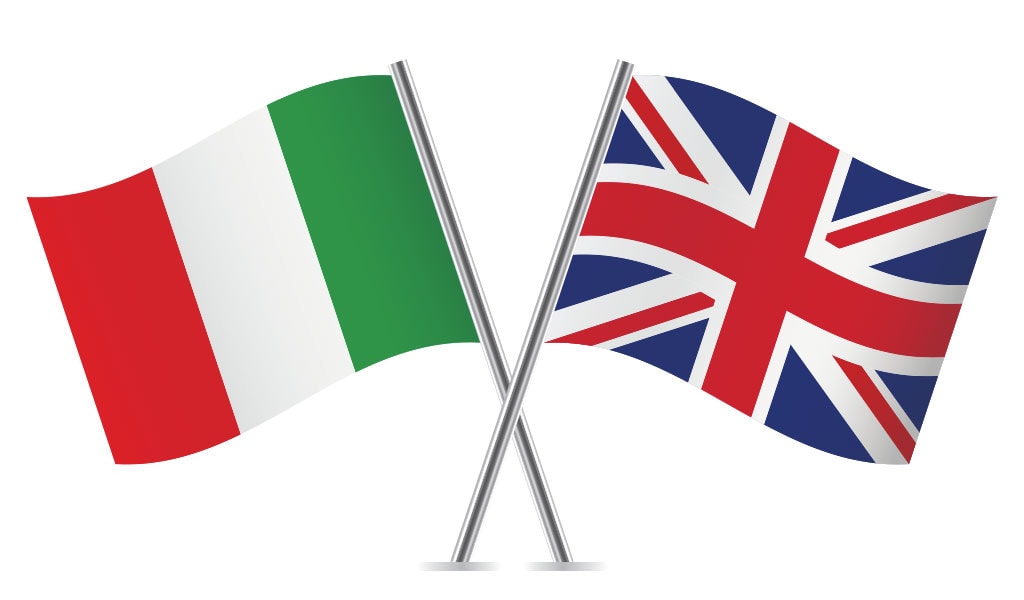Following the UK Supreme Court judgement in Actavis v Eli Lilly (commented on in our earlier article), the Court of Milan have also handed down a judgement concerning the scope of protection of Eli Lilly’s patent relating to its pemetrexed product. The Court of Milan took an opposing view to the UK Supreme Court regarding whether alternative salts of pemetrexed disodium could be considered to fall within the scope of Lilly’s patent claim.
The Case
In 2016, Fresenius requested a declaration of non-infringement in Italy for its pemetrexed diacid product in respect of Lilly’s European patent EP1313508. Lilly’s patent was amended during prosecution to specify in claim 1 that pemetrexed disodium is used in combination with vitamin B12. However, Lilly argues that other salts fall within the scope of its claims by virtue of being equivalents.
In reaching its judgement, the Court of Milan reviewed the EPO file history for the patent. The application as originally filed contained claims directed to antifolates in combination with a methylmalonic acid lowering agent. In prosecution, the term antifolate was limited to pemetrexed and then further to pemetrexed sodium, whilst the term methylmalonic acid lowering agent was limited to vitamin B12 or derivatives thereof.
The Court of Milan viewed these amendments as a “clear delineation of patent protection” and considered salts of pemetrexed other than the disodium salt as being excluded from the scope of protection. Accordingly, Fresenius’s pemetrexed diacid product was found not to infringe EP1313508.
Contrast with UK Supreme Court Judgement in Actavis v Eli Lilly
Whilst the Court of Milan considered the UK Supreme Court judgement when considering the case, ultimately they reached the opposite conclusion regarding the scope of protection of the patent. Whilst the concept of equivalents when it comes to interpreting patent claims is established in Italy, in this case the Italian Court gave greater weighting than the UK courts to the EPO file history – and hence the difference in outcome. This contrasting position may have consequences for patent litigation in Europe.
Whilst the two judgements were handed down in different jurisdictions, it is noted that in the UK proceedings between Actavis and Lilly, it was found that not only the UK designation, but also the French, Italian and Spanish designations of Lilly’s patent were also infringed by use of a pemetrexed salt other than disodium. The Court of Milan was, however, not bound by the decisions of the UK courts due to the difference in the parties to proceedings and specific differences in Fresenius’s and Actavis’s generics products.
Such a divergence in the interpretation of the scope of protection, and in particular the use of the prosecution file history to assist with interpretation of the claims, could give rise to patent litigation forum shopping in the EU. In cases covering multiple jurisdictions, it looks like it could be favourable for a patentee to commence infringement proceedings in the UK, where the UK courts’ interpretation of claims appears to be more generous than in some other European countries.
Share this article
Our news articles are for general information only. They should not be considered specific legal advice, which is available on request.









